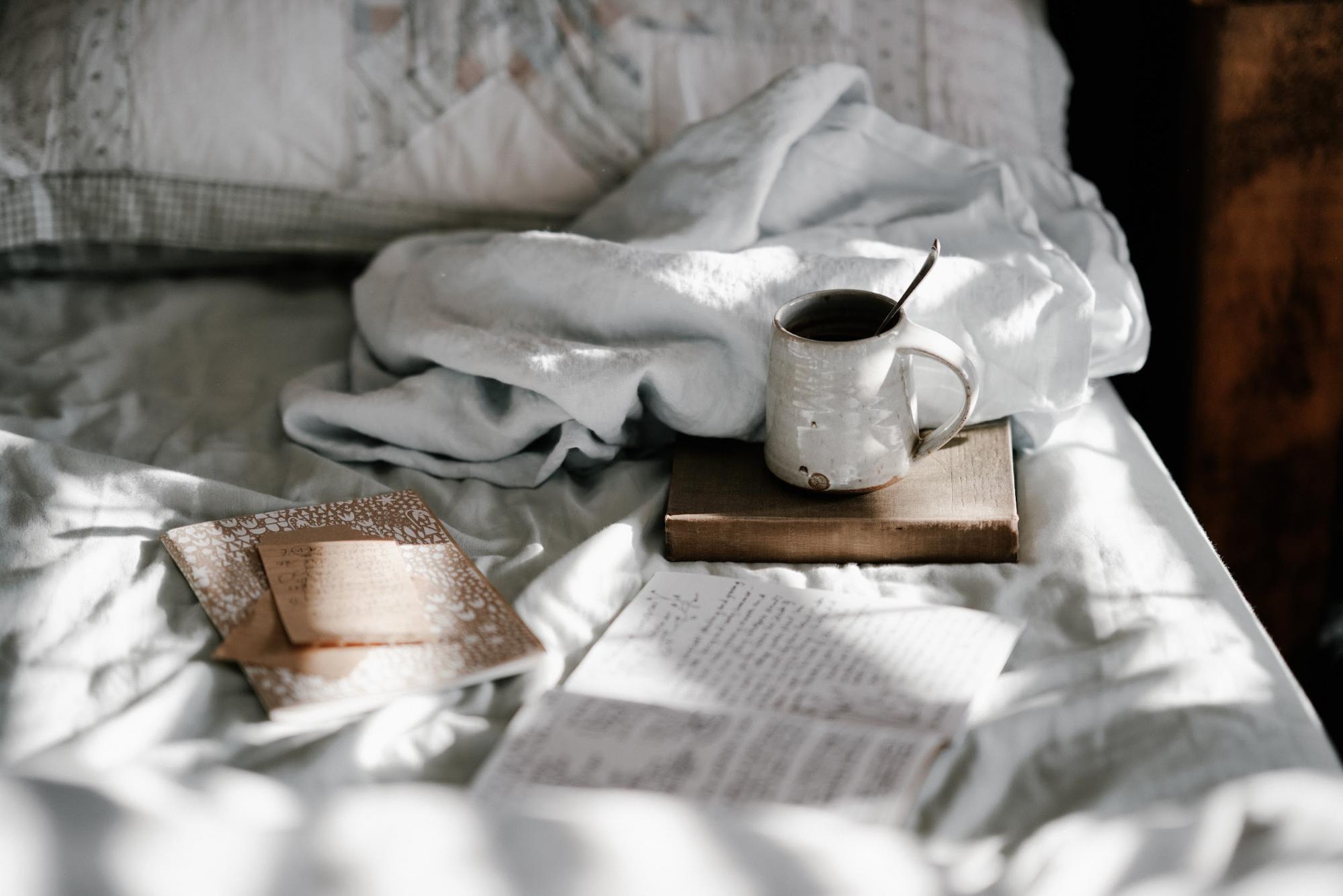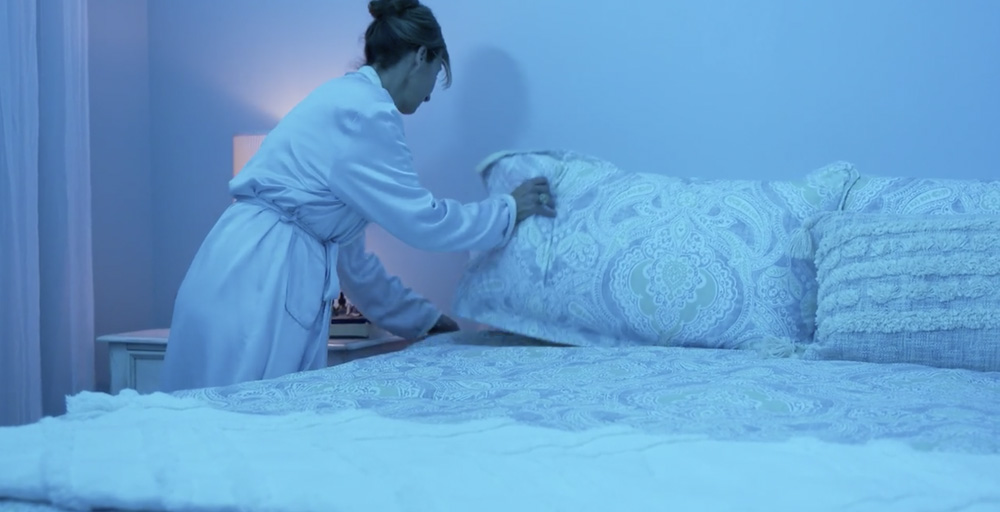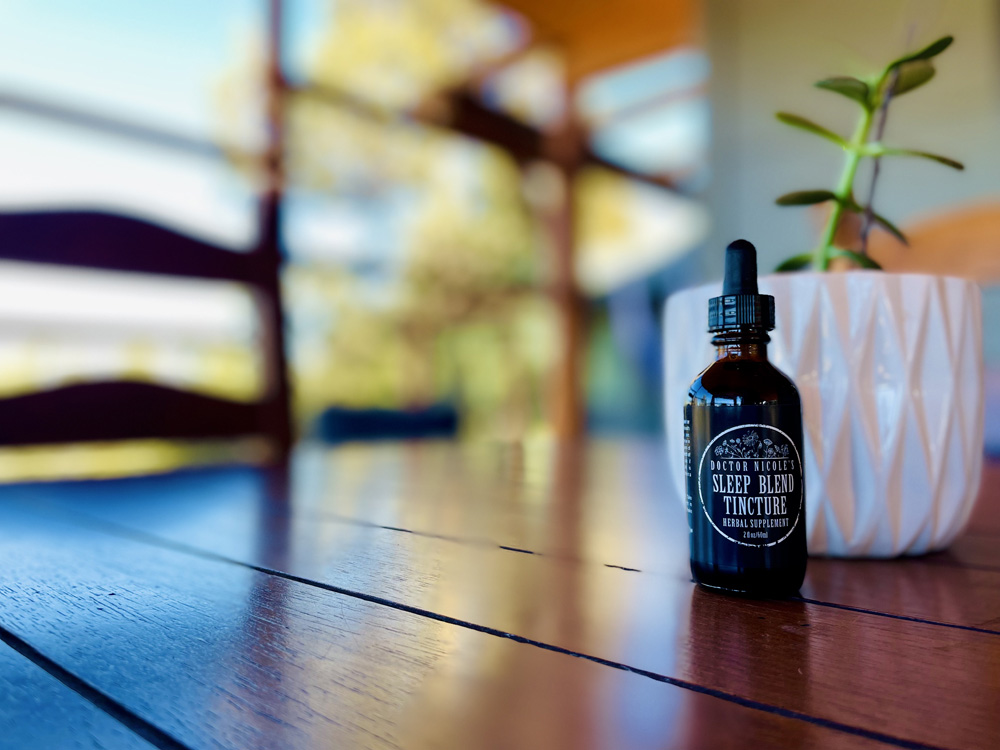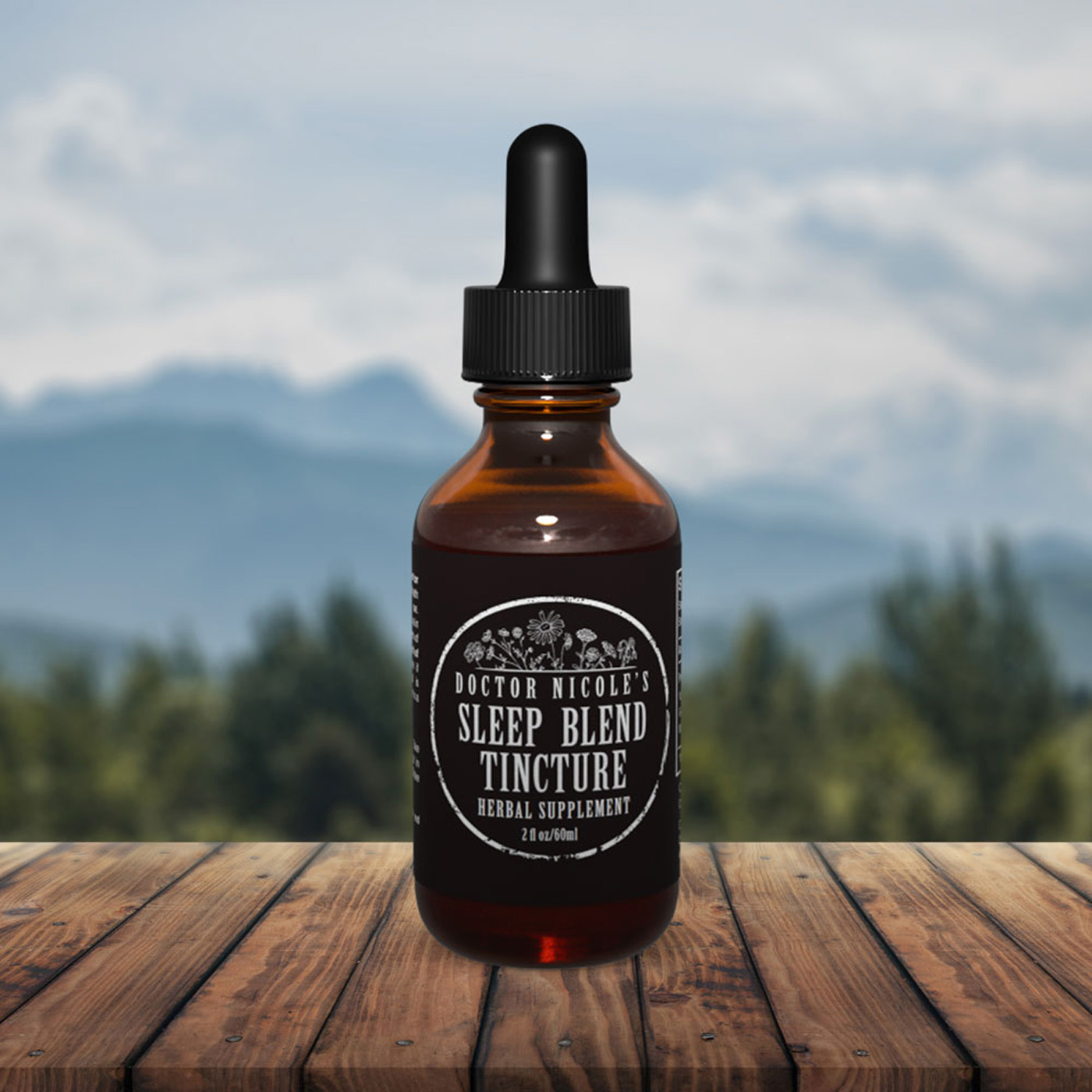Rested, Refreshed, & Rejuvenated
It goes without saying that getting enough quality sleep each night is crucial for health and well-being. Along with a solid sleep hygiene routine, your sleep position will greatly affect whether you wake rested and refreshed the next morning — or not. Here we explore which position is best for specific health conditions, along with additional tips for how to support better sleep.

Sleep Position: Which One is Right for You?
We all have our favorite sleep position. But if you struggle with acid reflux, heart disease, snoring, sleep apnea, or back and neck pain, some sleep positions are better than others. Here’s why.
GERD, Acid Reflux, Heartburn — If you suffer from any of these conditions, sleeping on your right side can make it worse. Instead, opt for the left side to cool the burn if you do not have issues with cardiovascular disease.
Neck and Back Pain — Generally, you will want to sleep on your back and use a thinner pillow — with one caveat: only if you do not have issues with snoring or sleep apnea as this position will aggravate these conditions. You can also sleep on your side for neck pain, just make sure to use a thicker pillow for additional support.
Heart Disease — Those with heart conditions often report that sleeping on their right side helps with breathing and comfort — and there may be a good reason for this. A 2018 study found that sleeping on the left side resulted in ECG changes in healthy participants, indicating they experienced shifts in heart electrical activity.1 Researchers believe this is due to the heart shifting and turning when you lie on your left side. When the participants slept on their right side, these changes weren’t seen because the heart was kept stable by a thin layer of tissue called the mediastinum. For those who do not have issues with snoring or sleep apnea, sleeping on your back may also be a good option.
Pregnancy, Snoring, Sleep Apnea — Here, experts recommend sleeping in the fetal position on your side with bent legs curled in towards your body. Just make sure you keep it somewhat loose so that you don’t restrict breathing. You may also find it helpful to keep a pillow between your knees to relieve pressure on the joints.
Wrinkles — If you would like to minimize facial wrinkles, sleeping on your back is the way to go. Lying on your stomach is not only the worst position for damaging facial skin, but it is also hard on your back, neck, joints, and muscles. Stomach sleeping should be avoided whenever possible.
Remember, what you sleep on is also important. Old, sagging mattresses and pillows are guaranteed to disrupt sleep — consider investing in good bedding with appropriate firmness. Also, washing your bedding regularly helps to minimize allergens that can cause fitful sleep. Using zippered cases and a specialized mattress pad will further control allergens and dander. For additional tips on how to promote rejuvenating, sound sleep, have a look at this post.
An Effective Herbal Sleep Solution
Along with using a sleep position that is a good fit for you, herbal remedies also add an additional layer of support. If you find you struggle with getting to sleep at night or staying asleep, our potent Sleep Blend is an outstanding option. It contains ingredients that help your brain relax and prepare for sleep, such as GABA, a neurotransmitter that reduces stress and anxiety. It also helps with menopause-related sleep problems, thanks to its balancing effect. Plus I included magnesium glycinate, a form of magnesium that is easy to absorb and improves sleep quality. Here is how each of the herbs in our Sleep Blend can help:
Valerian Root
- Improves sleep by increasing the levels of the neurotransmitter gamma-aminobutyric acid (GABA).
- Decreases frequent waking at night and calms restless sleep
- Helps people fall asleep faster
- Improves sleep quality and length
- Assists in improving sleep issues connected with menopause
- Soothes stress and anxiety
- A double-blind study of valerian root conducted in Sweden by the Foellinge Health Center found that, “forty-four percent [of the participants] reported perfect sleep and 89% reported improved sleep from the preparation” without any side effects.
Hops
- Sedative properties for relieving insomnia
- Boosts production of GABA, a calming brain chemical that promotes sleep.
- Increases sleep time; works best in combination with valerian root.
- Reduces body temperature, which helps people enter into a relaxed state for sleep.
- Additional note: a flavonoid in hops has been found to help reduce weight gain, lower elevated cholesterol and reduce high blood sugar.
Chamomile
- Acts as a sedative
- Calms the nervous system
- Contains apigenin, an antioxidant that can induce sleep
- Soothes muscle aches and pains that may disrupt sound sleep
Passionflower
- Herbal sedative
- Anxiolytic (soothes anxiety) and helps calm the body and mind
- Improves sleep quality
- Improves ADHD symptoms
- Reduces the effects of menopause — including depression and hot flashes
Magnesium Glycinate
- Glycine is a sleep-inducing amino acid
- Magnesium glycinate is one of the most absorbable forms of magnesium
- Glycine improves sleep quality, and promotes natural, healthy sleep patterns, including healthy REM cycles.
- Helps your body produce melatonin, the sleep hormone
- Relieves muscle tension
SLEEP BLEND TINCTURE — IT WORKS!
“I’m a light sleeper. I easily wake up to noise or any small disturbances. Once awake, I toss and turn throughout the night and some nights I have trouble falling back to sleep. As soon as I learned about Dr. Nicole’s new sleep blend tincture, I thought I would give it a try. I’ve been using this tincture for a few nights now and so far it has helped me fall into a deep sleep. I still wake up every now and then, but at least I can fall right back to sleep. Although I just started taking this sleep blend, I am satisfied with this product. Thank you, Dr. Nicole.” -Sonya
Armed with this powerful formulation, you can enjoy a restful night of sleep and wake up feeling refreshed and energized. Visit the apothecary today to learn more!
Nicole Apelian
Nicole’s Apothecary Products in this Post
References
- Pan, H., Xu, Z., Yan, H., Gao, Y., Chen, Z., Song, J., & Zhang, Y. (2018). Lying position classification based on ECG waveform and random forest during sleep in healthy people. Biomedical engineering online, 17(1), 116. https://doi.org/10.1186/s12938-018-0548-7






